- Home
- /
- Vitamins etc.
- /
- Minerals
- /
- Zinc
- /
- Zinc: The Essential Mineral...
The best form
The best form of zinc for the human body is zinc citrate. It boasts high bioavailability, ensuring optimal absorption and utilization by the body’s cells. Other commonly used forms include zinc gluconate and zinc sulfate.
The functions of Zinc
Zinc is a multifunctional mineral that plays crucial roles in various bodily functions. As a cofactor for more than 300 enzymes, zinc is involved in processes such as DNA synthesis, protein synthesis, and cell division. It also supports immune system function, aids in wound healing, and contributes to healthy skin, vision, and reproductive health.
The signs of deficiency
Recognizing the signs of a zinc deficiency is crucial for maintaining optimal health. Common indicators include a weakened immune system, leading to frequent infections and illnesses. Hair loss, particularly thinning or brittle hair, can be a symptom of inadequate zinc levels. Impaired taste and smell are also associated with zinc deficiency. Slow wound healing and recurring skin rashes or lesions may further indicate a lack of zinc. In children, growth and development issues, such as stunted growth and delayed sexual maturation, can arise from zinc deficiency.
How to identify Zinc deficiency
Identifying a zinc deficiency involves a comprehensive approach. Assessing symptoms, medical history, and dietary habits can provide valuable insights. Blood tests, such as measuring plasma zinc levels, are commonly used to evaluate zinc status. However, it is important to note that plasma zinc levels may not always reflect tissue zinc levels accurately. Additionally, analyzing the expression of zinc transporter genes can offer a deeper understanding of the body’s ability to transport and utilize zinc effectively.
What products contain Zinc
Zinc can be obtained from a wide range of dietary sources. Animal-based foods such as oysters, beef, poultry, and seafood are excellent sources of zinc. Oysters, in particular, are renowned for their high zinc content. Plant-based sources include legumes (chickpeas, lentils), nuts (cashews, almonds), seeds (pumpkin, sesame), whole grains (quinoa, brown rice), and fortified cereals. It is important to consider a balanced intake from different sources to meet the recommended daily intake.
How much is Zinc needed for human
The recommended daily intake of zinc varies depending on factors such as age, sex, and life stage. For adults, the recommended dietary allowance (RDA) ranges from 8 to 11 milligrams for males and 6 to 8 milligrams for females. Pregnant and lactating women may require higher amounts due to increased zinc needs during these stages. However, it is crucial not to exceed the upper limit of zinc intake, set at 40 milligrams per day for adults, as excessive intake can lead to adverse effects and interfere with the absorption of other minerals, such as copper.
The importance of specialists doze prescribing
Healthcare specialists, such as doctors, nutritionists, nutrition specialists, have the expertise to assess an individual’s specific needs and potential risks associated with zinc supplementation. They consider various factors, including age, sex, medical history, current health status, and any pre-existing conditions or medications that could interact with zinc.
Determining the right dosage involves a thorough evaluation of an individual’s nutritional status, potential zinc absorption issues, and any existing health conditions that may impact zinc utilization. Specialists can tailor the dosage based on these factors and provide personalized recommendations to ensure optimal zinc levels without compromising overall health.
It is crucial to note that self-diagnosis and self-medication should be avoided when it comes to zinc supplementation. Relying on specialists’ expertise can help prevent any potential imbalances or complications that may arise from inappropriate zinc dosing. By seeking professional guidance, individuals can ensure they are taking the correct dosage of zinc that aligns with their specific needs and overall health goals.
What products and nutrients prevent the absorption
Certain products and nutrients can hinder zinc absorption, so it’s important to be aware of them. Foods high in fiber, such as whole grains and legumes, contain phytates that can bind to zinc and reduce its absorption. Additionally, excessive iron and calcium intake can interfere with zinc absorption. It is advisable to moderate the intake of these nutrients and balance them with zinc-rich foods for optimal absorption.
What needs for better absorption
To enhance zinc absorption, several factors come into play. Consuming foods high in protein can aid in zinc absorption. Animal-based protein sources like meat, fish, and dairy products contain amino acids that facilitate zinc uptake. Additionally, including vitamin C-rich foods in your diet, such as citrus fruits, strawberries, and bell peppers, can enhance zinc absorption. Vitamin C acts as a synergistic nutrient, promoting the availability of zinc for absorption.
For better absorption of zinc, it is recommended to take zinc supplements with a meal. The presence of food in the stomach enhances the absorption process. However, it is essential to follow the recommended dosage provided by healthcare professionals or indicated on the supplement packaging. Excessive zinc supplementation can lead to imbalances in other minerals and potential adverse effects on health.
In conclusion, zinc plays a vital role in maintaining overall health and well-being. Understanding the best form of zinc, its functions in the body, signs of deficiency, identification methods, and tests for assessing zinc levels are crucial for optimal health management. Incorporating zinc-rich foods into your diet, considering the recommended daily intake, and being aware of factors that can hinder or enhance zinc absorption can help maintain adequate zinc levels and support optimal bodily functions. Remember to consult with healthcare professionals for personalized guidance regarding zinc supplementation and maintaining a balanced diet.
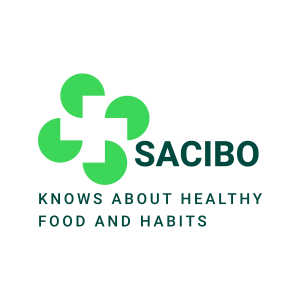





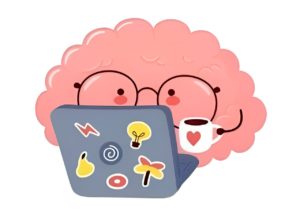






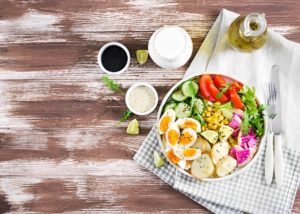









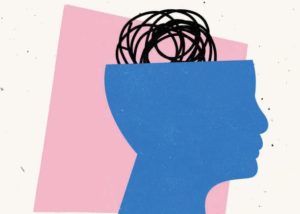
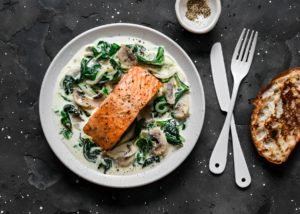

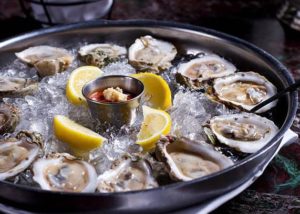
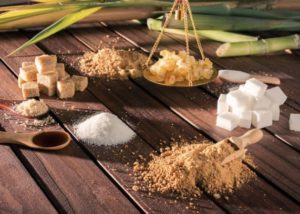
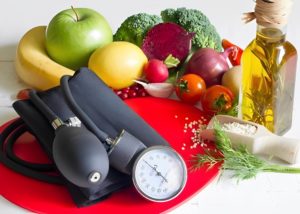
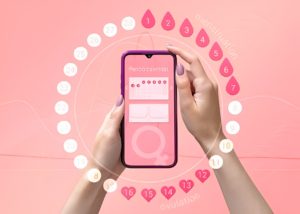


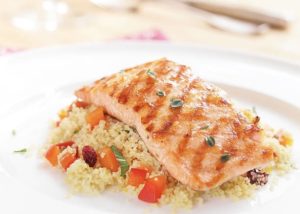







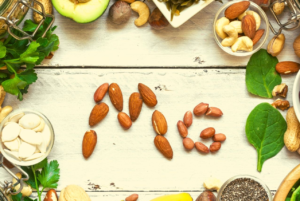






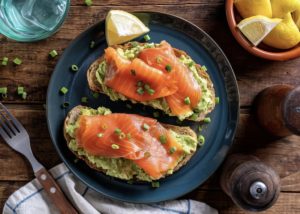
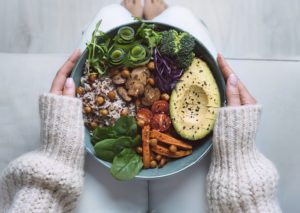
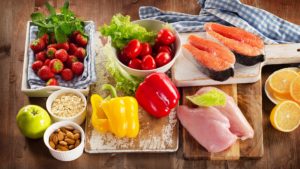

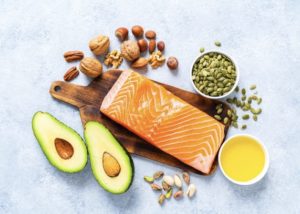










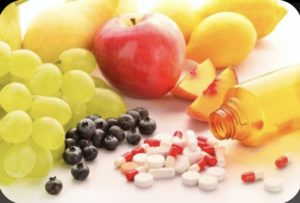

0 Comments